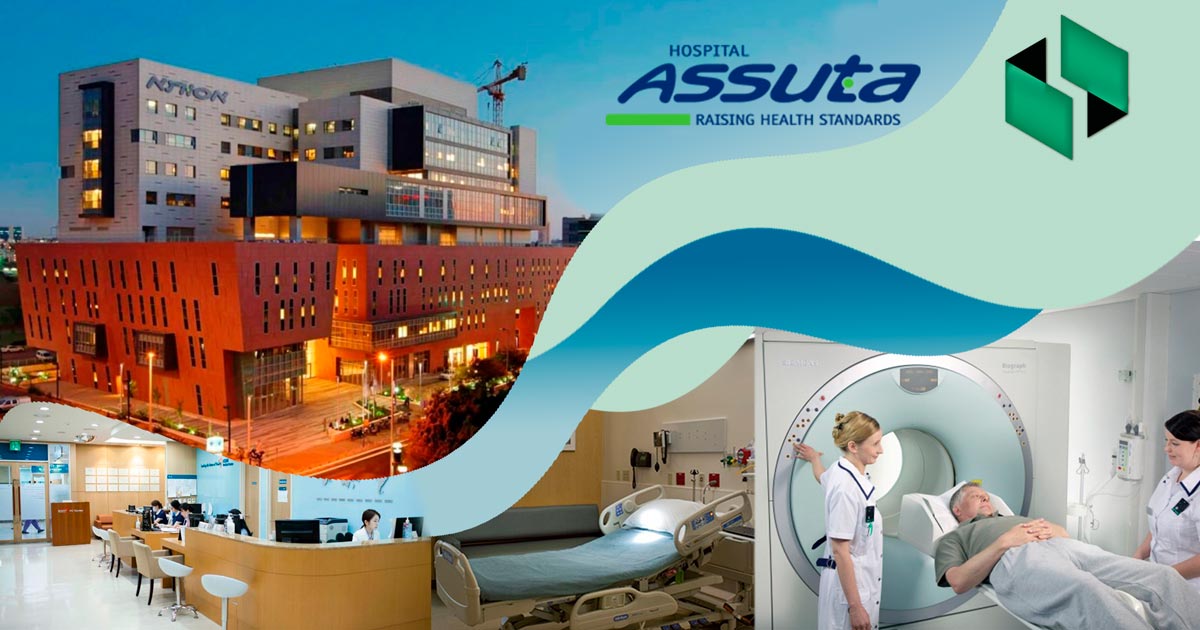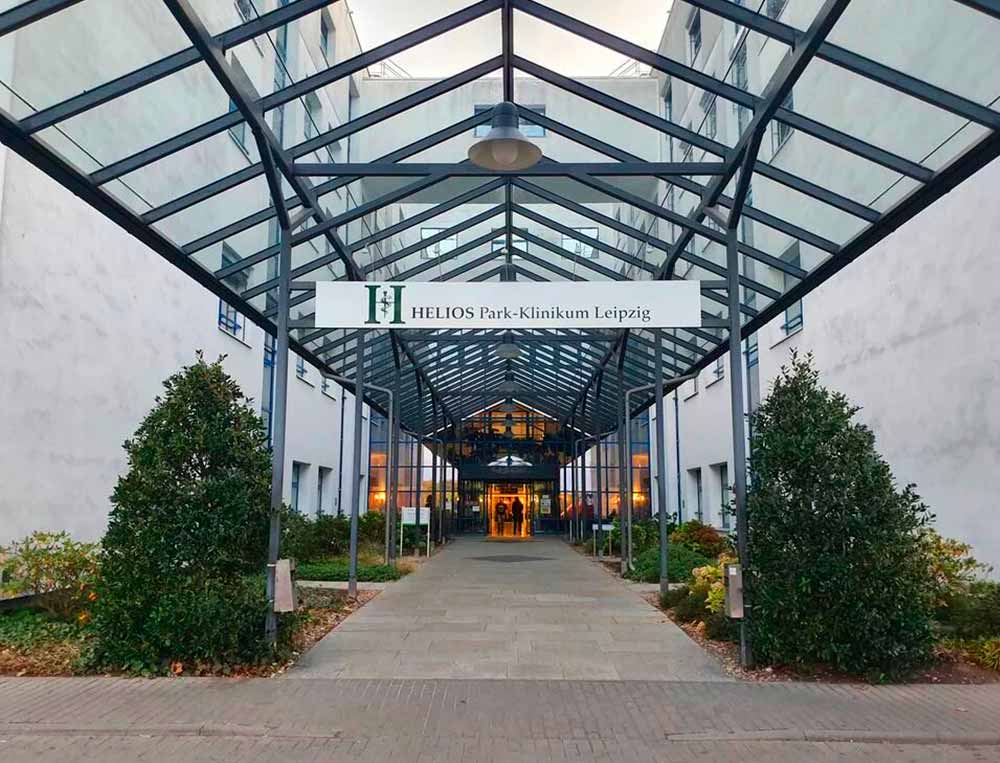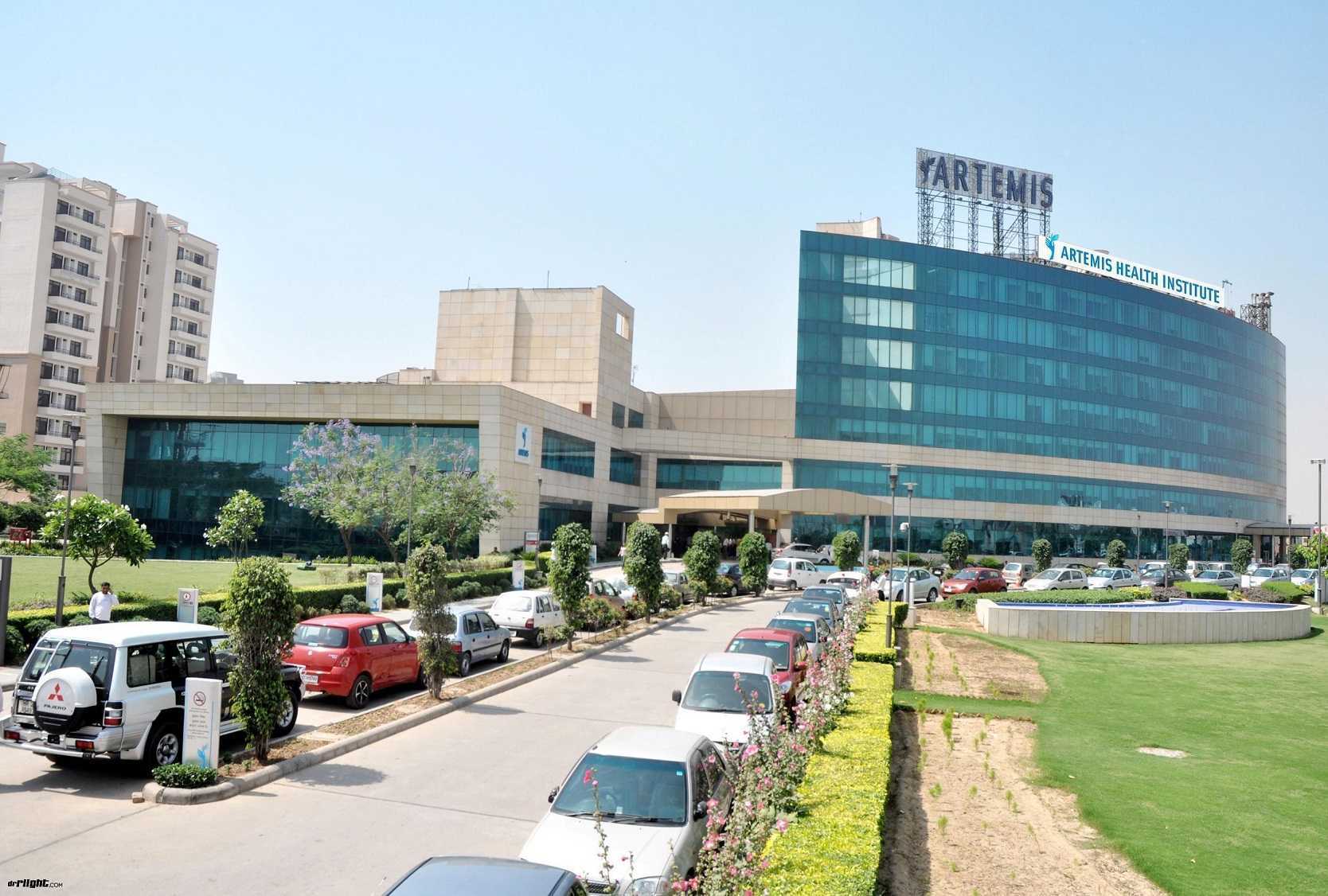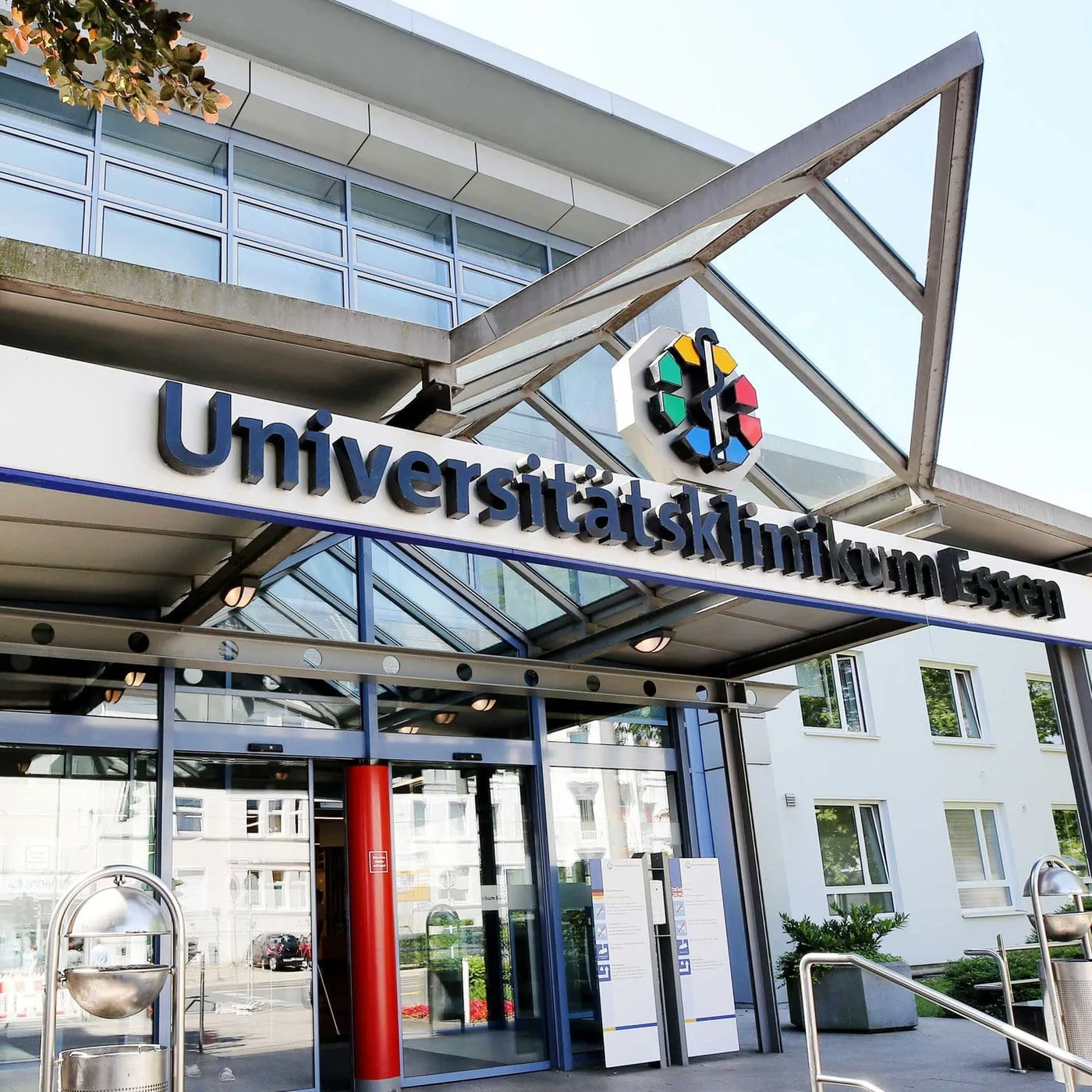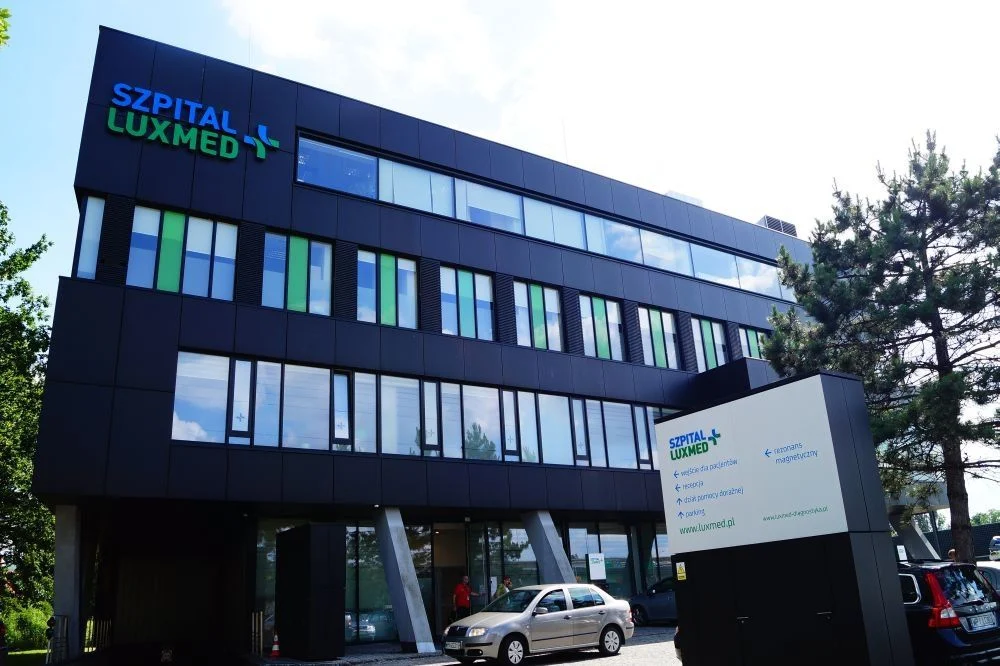Several countries are now offering CAR-T therapy to cancer patients, but access remains uneven, and treatment is still largely concentrated in a handful of advanced markets. The U.S. was first to approve CAR-T therapies commercially and continues to lead in treatment volume. Hospitals across the country administer the therapy to patients with certain types of leukemia and lymphoma. But the process is costly. CAR-T treatment cost in the U.S. can reach upward of $500,000, not including associated hospital care. Coverage varies depending on insurance and eligibility.
China has rapidly expanded its clinical network. The country approved its first therapy in 2021 and is now running hundreds of trials. Local manufacturers are producing their own versions, and some hospitals offer treatment outside clinical settings. While CAR-T therapy is still considered experimental in most cases, the market is moving fast.
In Europe, a few countries have made the therapy more widely available. Germany and the U.K. have both integrated CAR-T into public health programs. French regulators approved their first product shortly after the U.S., but availability is mostly limited to urban centers. Spain and Italy are expanding capacity, though hospitals still face logistical hurdles.
Israel’s health system offers CAR-T through several hospitals. The country has invested heavily in immunotherapy and worked with U.S. biotech firms to bring the therapy in earlier than others in the region. Australia has started treating patients under national coverage, while Brazil joined the list of countries offering the therapy after greenlighting its first product in 2023.
Access in most countries depends on trial participation or referral to specialized centers. Even where approved, the therapy is not offered broadly.
Where CAR-T Is Being Offered
A short list of countries currently offering or actively developing CAR-T programs includes:
- United States;
- Germany;
- United Kingdom;
- France;
- Spain;
- Italy;
- China;
- Japan;
- Israel;
- Australia;
- Brazil.
Each market has its own approval process, funding structure, and patient criteria.
Challenges Persist Despite Expansion
Though adoption is growing, CAR-T therapy still comes with limitations. It requires highly specialized labs, trained staff, and strict regulatory compliance. Hospitals also need the capacity to monitor patients after treatment, which can include severe immune responses.
Several of the newer programs rely on clinical trial cancer drugs still under evaluation. Many patients don’t qualify. And for those who do, getting access often means being near a major city or medical research center.
Companies are working to expand options, including products for solid tumors. But those are still in early testing. Until then, CAR-T remains one of the most promising – and expensive – experimental cancer treatment options on the table.If you’re considering advanced treatment abroad, our team helps patients identify the best stem cell therapy clinics based on medical need, location, and regulatory standards. We work closely with trusted providers to ensure access to licensed facilities and experienced specialists.
Shenzhen Genoimmune Medical Institute (GIMI)
The Shenzhen Geno-Immune Medical Institute (GIMI) stands at the forefront of gene and immune cell therapy, pioneering innovative solutions beyond FDA-approved CAR-T treatments. Led by renowned expert Prof. Lung-Ji Chang, inventor of the widely-adopted lentiviral vector system, GIMI has delivered effective treatments for over 1,000 cancer cases with cutting-edge 4th generation CAR-T technologies.
Which countries have CAR T-cell therapy?
Countries currently offering CAR-T therapy include the U.S., China, Germany, the U.K., France, Spain, Italy, Japan, Israel, Brazil, and Australia.
Are CAR-T cells approved in Europe?
Yes. CAR-T therapies have been approved by the European Medicines Agency for specific cancer types, but access differs across member states.
What is CAR-T short for?
CAR-T stands for Chimeric Antigen Receptor T-cell therapy. It involves modifying a patient’s own immune cells to attack cancer.
Is CAR-T FDA approved?
Yes. The FDA has approved several CAR-T therapies since 2017 for certain blood cancers.
Who is the leader in CAR T-cell therapy?
The U.S. leads in treatment volume and research. China and Germany are expanding rapidly.




